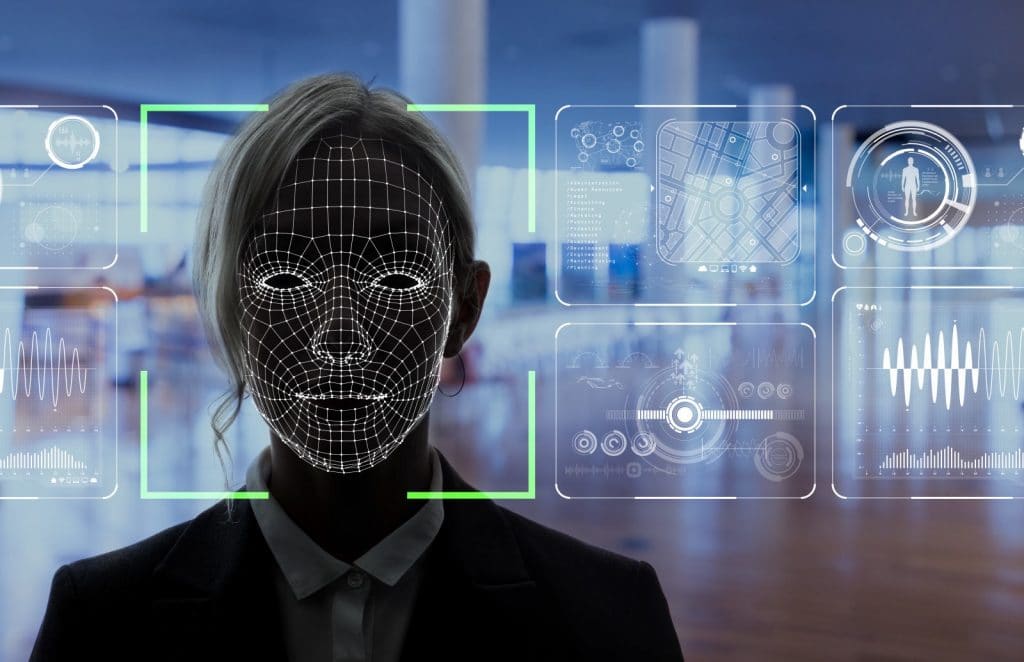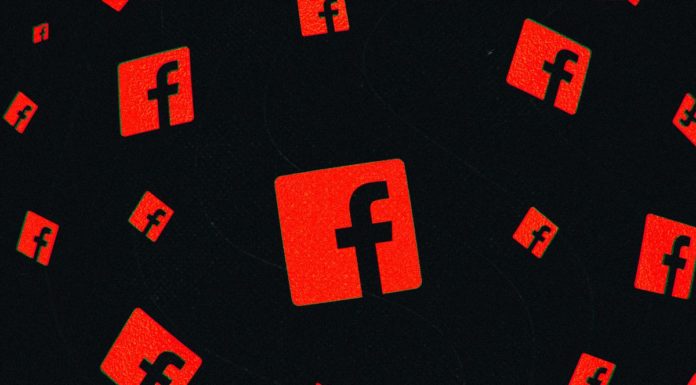Maker of controversial app says it’s cutting off anyone not associated with government or law enforcement entities.
Clearview AI, the maker of a controversial facial recognition app being used by US law enforcement to identify suspects and other people, says it will stop doing business with companies not working with law enforcement.
Clearview identifies people by comparing photos to a database billions of images scraped from social media and other sites. It came under fire after a New York Times investigation in January. Since then, Sen. Edward Markey, a Democrat from Massachusetts, has called Clearview a “chilling” privacy risk. In addition, Google, YouTube, Microsoft and Twitter have sent cease-and-desist letters to Clearview. The company also faces multiple lawsuits.
In a filing responding to one of those lawsuits, Clearview said Wednesday that it’s “voluntarily” changing its business practices “to avoid transacting with non-governmental customers.”
“Clearview is cancelling the accounts of every customer who was not either associated with law enforcement or some other federal, state, or local government department, office, or agency,” the New York-based company said in the filing with a federal court in Illinois, where that specific lawsuit was filed. BuzzFeed News reported on the filing earlier.
The Illinois lawsuit accuses the company of willful, reckless or negligent violations of biometrics laws in Illinois. The lawsuit challenges the company’s collection, storage and use of biometric information without written consent, which is illegal, according to the lawsuit.
Clearview said in its filing it’s canceling all accounts it has with Illinois entities and has created a “geofence around Illinois,” blocking images with Illinois geolocations from being searched. It will also stop collecting images with metadata associated with Illinois.
The American Civil Liberties Union criticized Clearview’s promised changes as doing little address the company’s “reckless and dangerous business model” or protect Illinois residents.
“Making promises about one state does nothing to end Clearview’s abusive exploitation of people’s faceprints across the country,” Nathan Freed Wessler, staff attorney with the ACLU’s Speech, Privacy, and Technology Project, said in a statement.
“Instead of taking real steps to address the harms of face recognition surveillance, Clearview is doubling down on the sale of its face surveillance system to law enforcement and continues to fuel large scale violations of Americans’ privacy and due process rights,” Wessler said.
Clearview didn’t immediately respond to a request for comment.













![Hotstar Premium Cookies 2019 [*100% Working & Daily Updated*] Hotstar Premium Cookies 2019 [*100% Working & Daily Updated*]](https://tahav.com/wp-content/uploads/2019/11/Hotstar-Premium-Cookies-Free-100x70.jpg)



